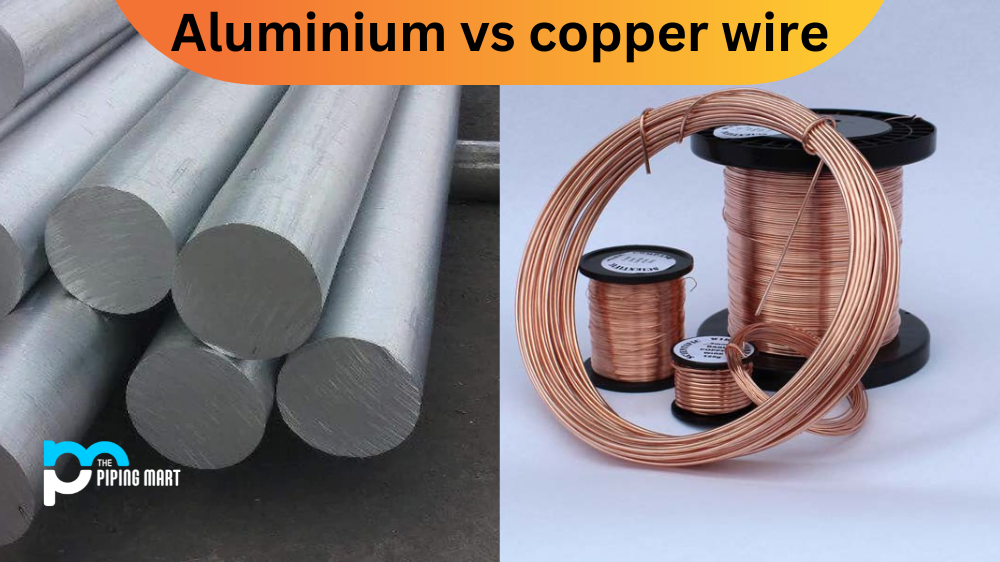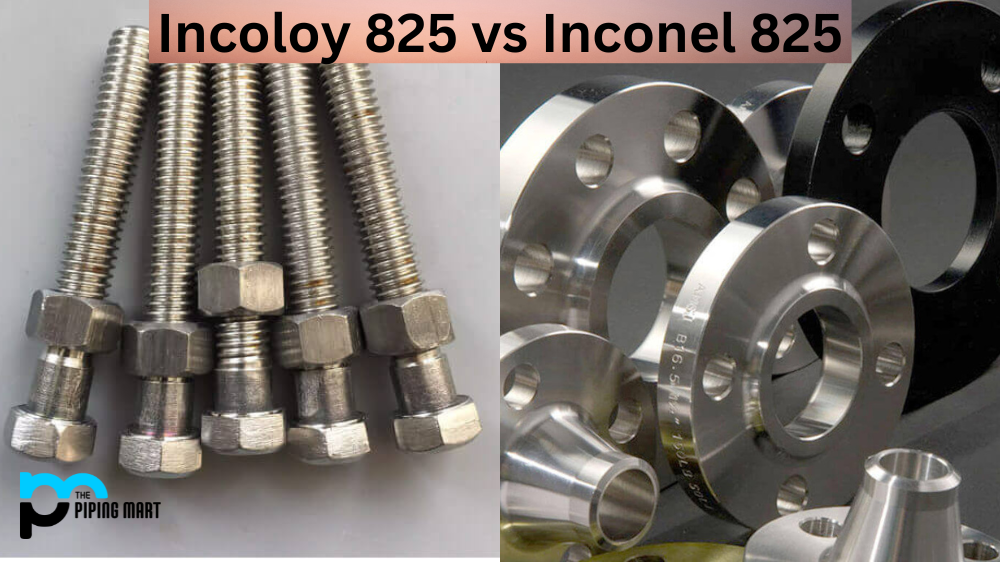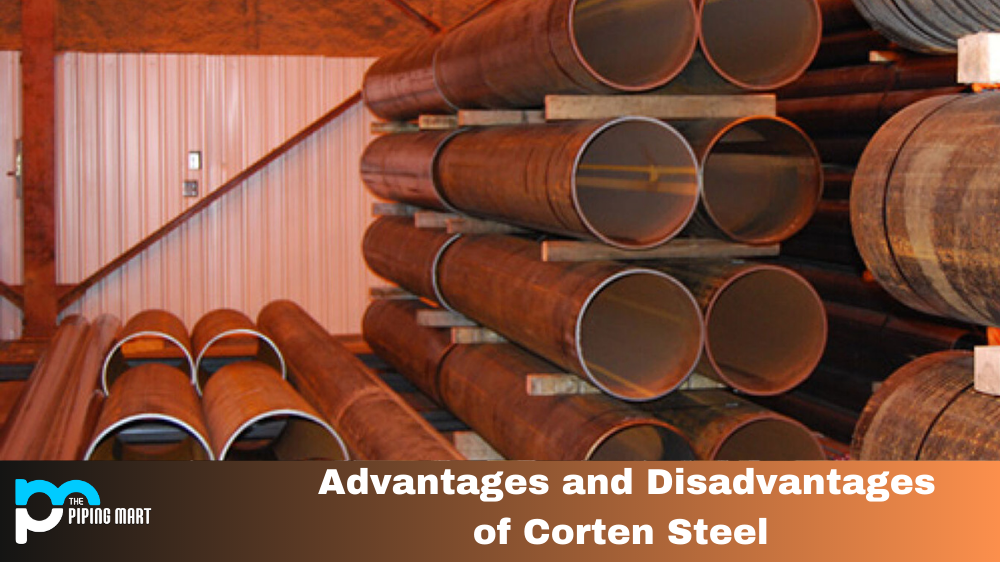When it comes to wiring, there are quite a few options available. Two of the most popular choices are aluminum and copper wiring. Both have their own benefits, making them great options for your home or business’s wiring needs. But which one is better? Let’s compare the two to find out.
Difference Between Aluminium and Copper Wire
Aluminium and copper wire can look extremely similar at first glance, but there is one key difference between them – their conductivity. Copper is a better conductor of electricity, while aluminium can be slightly less efficient in this regard. In addition, aluminium wire may corrode more quickly than copper, thereby reducing its efficiency over time. To ensure best performance, electrical appliances should use copper when possible to ensure that power reaches the destination safely and efficiently. As such, it is important to know the difference between these two materials when it comes to wiring your home or business.
- Aluminium is cheaper than copper.
- Aluminium is lighter than copper.
- Aluminium has a lower electrical resistance than copper.
- Aluminium is more resistant to corrosion than copper.
- Aluminium can be used at higher voltages than copper.
- Aluminium is more conductive than copper.
How They Work
Both aluminum and copper wire work by carrying an electrical current from a power source to the device being powered. The metal conducts electricity by allowing electrons to move freely through its atoms. The amount of current that can pass through a given wire depends on the type of metal used as well as the gauge (or thickness) of the wire.
Costs
When it comes to cost, copper tends to be more expensive than aluminium since it costs more per pound than aluminum does. However, because copper is denser, you need less of it to carry the same amount of current as you would with aluminum wiring. This means that although copper may cost more upfront, it can actually save you money in the long run due to lower installation costs and less energy loss over time.
Safety
Safety is always a priority when considering any type of wiring for your home or business. Copper has been used for centuries in electrical applications and is generally considered safe for use in residential settings. Aluminum, on the other hand, has been known to cause problems with connections due to corrosion caused by moisture and oxidation buildup over time—so much so that many national codes no longer allow its use in certain applications such as branch circuit wiring or service entrances.
Conclusion:
When deciding between aluminum or copper wiring for your home or business’s needs, there are several factors worth considering. Cost-wise, copper may be more expensive upfront but can save you money in the long run due to lower installation costs and energy loss over time. Safety-wise, copper is generally considered safe, while aluminum is not allowed in certain applications due to corrosion risk factors associated with it. Ultimately, both have their merits; however, if safety is your top priority, then copper may be your best choice overall!

Pipingmart is a B2B portal that specializes in metal, industrial and piping items. Additionally, we share the latest information and information about materials, products and various types of grades to assist businesses that are involved in this business.




